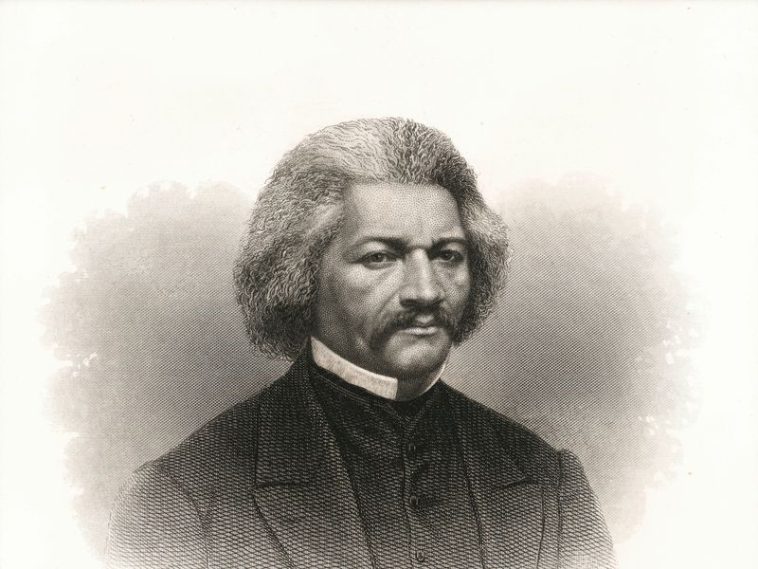The Apostrophe Blog
Several years ago, during the nadir of our accidentally-elected political clown show and just before the pandemic, I found I only wanted to read history and biography. I was trying to understand how we got ourselves in the mess we were clearly in—the events that led to this now, the characters who had driven the plot lines and the decisions. What could the historical record of primary sources teach me about this moment even if only the answer was how little things ever really change? During this primary-source journey, I read David Blight’s magisterial biography, Frederick Douglass: Prophet of Freedom. That led me to several important (even famous) speeches and essays written by Douglass; his eloquence and wisdom spoke to the issues facing our country today. His language was poetic and politically astute at the same time. I began to think I could cull some of his phrasings into a kind of found poetry that would speak to our own historical moment. An erasure of sorts that would lead to an a new text born of the original historical one.
In her essay on the Poetry Foundation website, “Erasure in Three Acts,” Muriel Leung writes: “Erasure refers to a poetic tactic in which a found text is erased—blacked out, whited out—and what remains is the new poem, emerged from the old. To be found is something akin to being discovered, which is the convenient trapping of saying something is new when it has already long existed. To make something new from these old bones will always be a political act, either to liberate the text from it original meaning or to reinscribe the violence in another form.”
I worked with an Atlantic Monthly essay wrote in 1866 entitled, “A Treacherous President Stood in the Way.” As you will see from my poem, below, the more things change in the political realm, the more things stay the same. I was particularly taken by the prescience of these lines by Douglass: A treacherous president stands in the way/ leans to the side of error.
My found poem, reproduced below, is not strictly an erasure poem because I didn’t do the blacking out or whiting out “redactions” like one often sees in erasure work. It was published in riverbabble 33 in June 2018 and will be included in my new poetry manuscript, Learning to See. The public domain lithograph portrait of Frederick Douglass (above) was done by Alexander Hay Ritchie in 1875. Little known fact? Frederick Douglass was the most photographed American of the 19th century.
Continuing Questions of Vast Moment
a found poem
from Frederick Douglass’s 1866 essay for The Atlantic,
“A Treacherous President Stood in the Way”
No cloudflung shadows can obscure
the way of a country torn & bleeding, rent.
Whether at court-house, school-house,
cross-road, in doors and out
no evil is entirely unmixed.
Once in grace is always in
grace; these shattered & over-
thrown began with a clean slate.
A scandalous & shocking
waste of blood & treasure—
men who deliberate with daggers,
vote with revolvers,
do not even conceal their deadly
hate
of the country that conquered them,
victory over treason.
Slavery,
like all other great systems of wrong,
was founded in the depths
of human selfishness.
Discern through the glitter
& dazzle of present prosperity
the dark outlines of
approaching disasters.
A treacherous president stands in the way,
leans to the side of error.
War begins where reason ends.
The deadly upas tree must be
utterly destroyed.
Make clean work of it.
- Don’t Fence Me In! - July 5, 2025
- Nothing to Celebrate Today… - July 4, 2025
- Call It By Its Name - July 2, 2025

